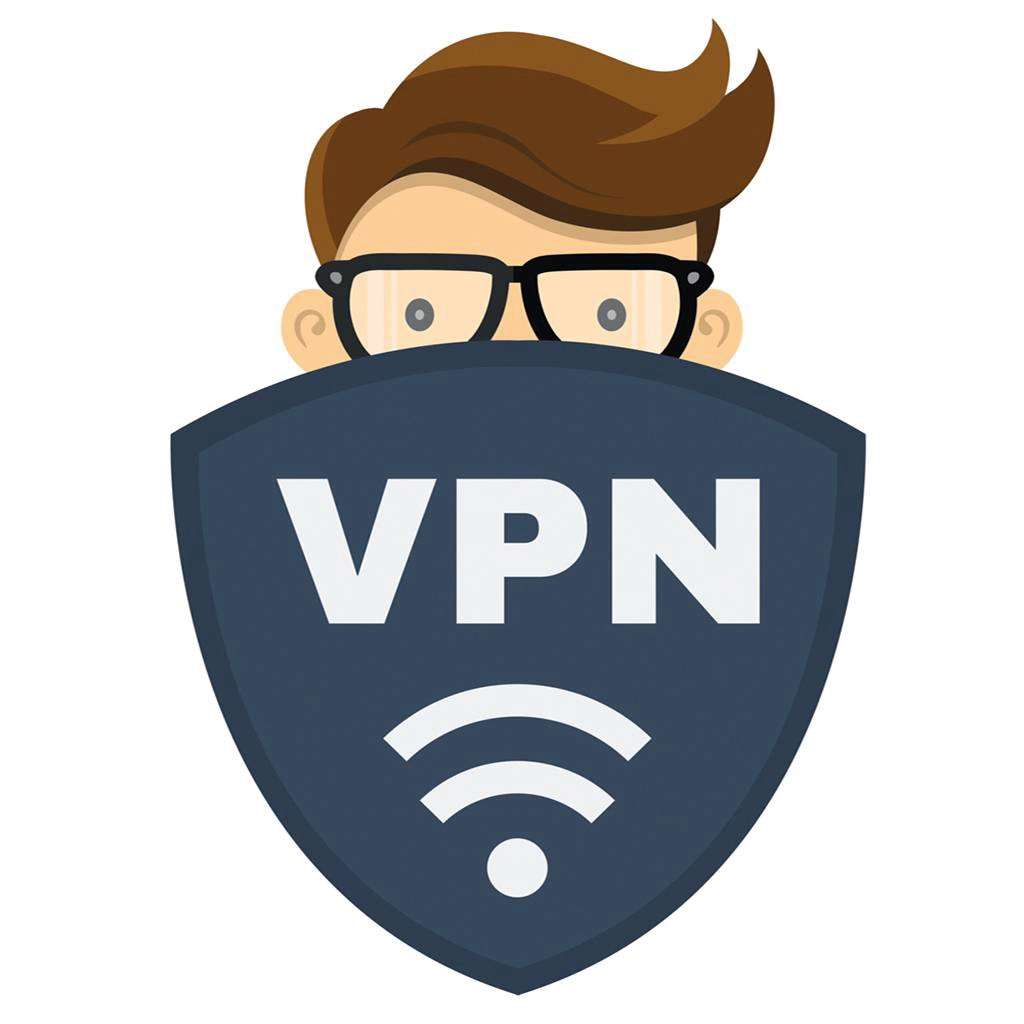What is VPN?
Content of the article

VPN (Virtual Private Network) — it is a secure, encrypted connection of the user to the network, with which he can bypass local restrictions and maintain privacy.
Let's analyze the name "virtual private network"
Virtual network — means that its operation is not affected by how many and how many communication channels it is laid. Because the physical network (a group of computers or devices connected by common communication channels) does not belong to the virtual user.
Private network — this means that it can be a limited circle of people. VPN marks all its participants and the information they transmit. Data is protected from third parties by encryption. VPN is responsible for keeping data confidential — keeps unauthorized users out, checks the traffic source and makes sure that the transmitted data does not leak outside the network in the clear.
To put it as simply and generally as possible, this technology is needed for two reasons:
- secure data on the web,
- access blocked resources.
The modern world is becoming more and more "toothy"; in relation to users, so security and information retrieval issues are in the hands of everyone. For this, many turn to VPN.
The abbreviation stands for "virtual private network" and translates as "virtual private network".
VPN creates a secure connection between you and the internet. This gives you an extra layer of privacy and anonymity so you can:
- Hide your internet activity and location so you can't be tracked (especially on public WiFi networks)
- Bypass online censorship and surf the internet freely
- Download torrents securely and anonymously without loss of speed
- Unblock streaming platforms like Netflix, Disney+ and more
VPN — it is an extremely important tool to ensure your online security and privacy. Without a VPN, your Internet activity can easily be tracked and intercepted by other people. This includes your browsing history, downloaded files, online banking data and passwords.
Moreover, you can be tracked by the IP (Internet Protocol) of your device. Your IP address can reveal your real location and be used to find you in real life. This is the same as sending postcards by mail — everyone can read your message and know your name and address.
However when you connect to a VPN, your internet activity is encrypted and your IP address is masked. At the same time, no one will be able to find out who you are, what you are doing on the Internet: neither the Internet provider, nor hackers, nor government agencies.
Now instead of postcards, you send an ultra-secure private message that only your recipient can read. The sender's address or name will not be listed anywhere. If someone tries to find out this information, they will see only a set of encrypted data.
What information does VPN hide?
VPN hides your real IP address and encrypts your Internet connection. However, what are the benefits?
- Your browsing history becomes anonymous — A VPN hides your browsing and search history from your Internet Service Provider (ISP). The provider will only be able to see your encrypted traffic that is sent to the VPN server.
- You can change your virtual location — Your IP address reveals your physical location. With a VPN, you can connect to a server in another country and access local content (such as US Netflix, online news, and torrent trackers).
- Your internet activity becomes anonymous — A no-logs VPN ensures that no one knows what you are doing on the Internet. This is especially useful for people who download torrents and use Peer-to-Peer (P2P) networks.